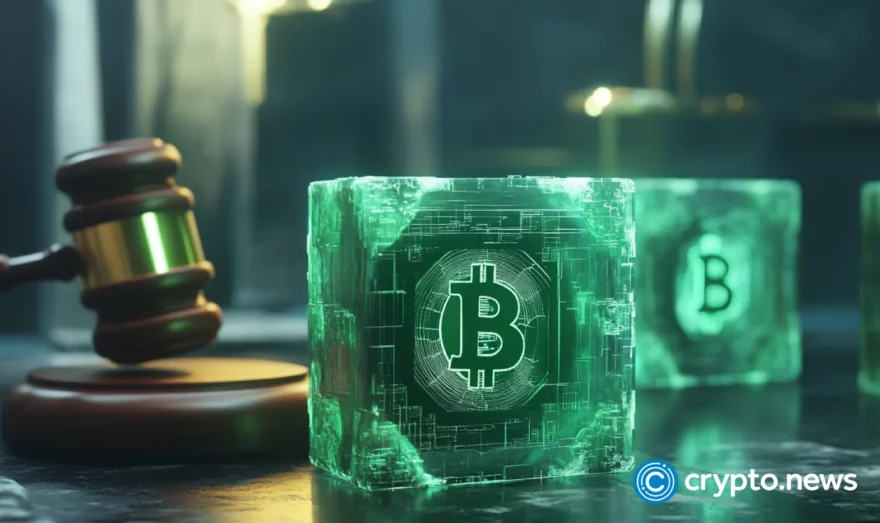Bitcoin developer says network is not resistant to censorship, questions mining decentralization

In a recent Twitter thread, a developer questioned the entire idea of Bitcoin’s censorship resistance.
Bitcoin’s censorship-resistance
Bitcoin was built on the idea of offering complete censorship resistance for transactions. However, according to a Bitcoin developer, this coin is far from censorship-resistant.
The developer Luke Dashjr posted a Twitter thread raising doubts about Bitcoin’s censorship resistance, saying the network’s ” hypothetical censorship-resistance is not based on some mere hope miners won’t censor.”
As he laid down his case, Luke highlighted his problem with the Bitcoin network noting that miners can do whatever they want. For instance, he said, they (miners) cannot be expected to mine the assets or complete validations of transactions they don’t want to. Instead, miners can choose what to or not work on. Based on the developer, decentralization comes in where another miner can choose to work on what one has turned down.
The developer highlighted that a party interested in a transaction could mine it for themselves in the worst-case scenario. He added that this can change and a transaction failed to be mined in the event of a spam attack.
Luke noted that Bitcoin is only censorship resistant when the miners choose to mine a transaction. If all miners ignore the transaction, then it can be censored.
Questions on mining decentralization
However, while noting that censorship resistance relies on mining decentralization, he still questioned the latter on BTC. This developer pointed out that the assumption that bitcoin mining is fully decentralized fell long ago.
In the past few years, the decentralization of Bitcoin mining processes has fallen into doubt. There have been questions about miner concentrations. Based on a report via New York Times in June 2022, early Bitcoin mining was highly concentrated, with only about 64 key players, including founders mining most early BTC.
Over the years, the concentration has reduced but is still predominantly high, according to reports. For instance, recent statistics indicate that only two large pools control 50% of the BTC hash rate.
Based on the developer mentioned earlier, the concentration of Bitcoin mining made the network lose its aspect of censorship resistance. Luke also noted that pretending there is miner censorship resistance by allowing spam attacks will not fix the problem.

















